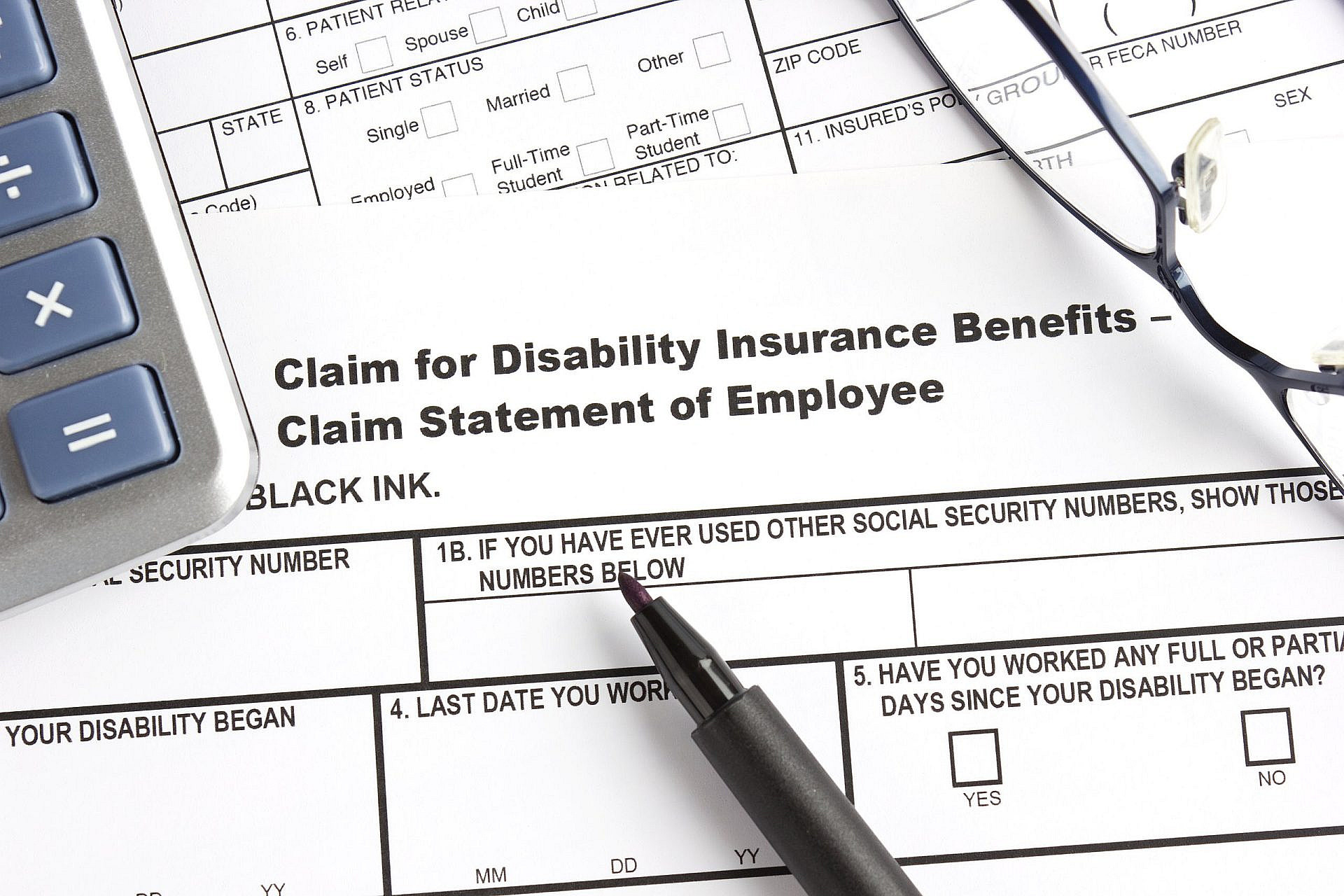There are several key requirements you must meet in order to be eligible to receive Social Security Disability benefits. One such requirement is that you must have worked a certain amount of time in jobs that are covered by Social Security. In fact, the actual benefit payment you receive every month will largely depend on your average lifetime of earnings prior to becoming disabled.
How Much Does Social Security Disability Pay a Month?
The severity of your disability does not factor in your monthly Social Security Disability payment. The only factor used to determine your monthly payments is your average lifetime of earnings prior to when your disability arose. This amount will, however, be potentially reduced accordingly for some other disability payments you may be receiving from other sources. However, Social Security Disability, unlike Supplemental Security Income, does not deny applicants based on having too much income or access to too many financial resources.
Only “covered earnings” are used in averaging your lifetime earnings for Social Security Disability purposes. “Covered earnings” includes income from jobs that have paid into the Social Security system. If you have ever reviewed your paychecks and seen that money was withheld for either “Social Security taxes” or “FICA,” then that is what is meant by jobs where your earnings would be considered “covered earnings.” The majority of earnings are classified as “covered earnings.” The average of your covered earnings is referred to as your “average indexed monthly earnings (AIME). The Social Security Administration (SSA) will then apply a formula using your AIME to reach your primary insurance amount (PIA). Your PIA is the basic amount that SSA will use in establishing your monthly benefit amount.
Your PIA will be subject to applicable reductions. Reductions are not applicable based on receiving disability benefits from private sources. Private sources of disability payments may come from something such as a private pension or private insurance benefits. These private sources of payments will not affect your monthly Social Security Disability benefits payment. Payments from other public disability benefits, however, may affect your benefits payment. Receiving workers’ compensation benefits for an on the job injury, for instance, may justify a reduction in your monthly benefits payment.
There is also a limit on how much you may receive from SSDI and other public disability benefits. The combined total amount of money you receive from SSDI along with all other public disability benefits you receive cannot exceed 80 percent of your average earning amount prior to becoming disabled. Should the amount exceed 80 percent of your average earnings prior to becoming disabled, the excess amount would most likely be deducted from your monthly SSDI benefits amount.
Social Security Disability Attorney
Applying for Social Security Disability benefits and calculating how much you will receive each month can both be complicated. While these public disability benefits programs can be critical to providing individuals with the ability to make ends meet, they can be extremely difficult to understand. Roeschke Law is here to help. For all of your Social Security Disability questions, we are here with answers. Contact us today.
